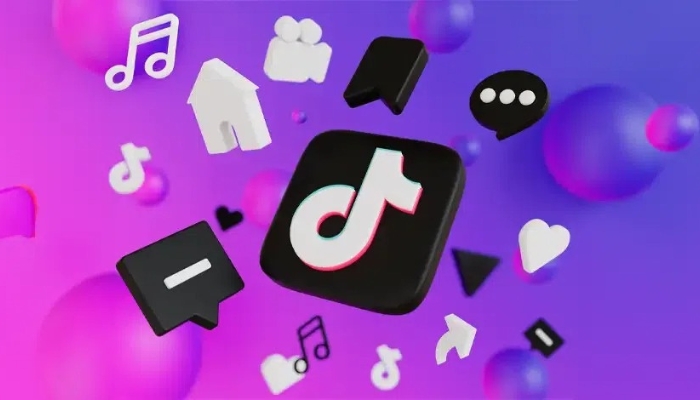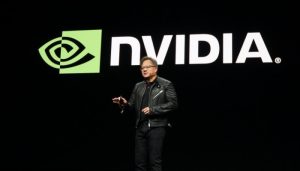TikTok Cuts Hundreds of Jobs in Shift Towards AI Content Moderation
4 min read
TikTok, the popular social media platform, announced on October 11, 2024, that it would cut hundreds of jobs. This decision is part of a significant shift in how the company manages its content moderation. TikTok is moving towards using more artificial intelligence (AI) for this task. This change is meant to improve efficiency and speed up how the platform handles user content.
Content moderation is a critical part of TikTok’s operations. It involves reviewing videos and comments to ensure they follow the platform’s community guidelines. These guidelines help maintain a safe environment for users. Until now, TikTok has relied on human moderators to review content. However, with the growing number of videos being uploaded every minute, this method has become increasingly challenging.
TikTok has become one of the most popular social media platforms in the world. It allows users to create and share short videos, often featuring music, dance, and creative content. The app has millions of users globally. With such a large audience, the volume of content generated is enormous. TikTok receives over a billion videos every month. This sheer number makes it difficult for human moderators to keep up.
The move to AI content moderation is not entirely new. Many tech companies have started using AI to help with this task. AI can quickly analyze large amounts of data. It can identify inappropriate content faster than a human can. For TikTok, using AI means it can reduce the number of human moderators it needs. This shift will allow the company to focus its resources more effectively.
However, this decision has raised concerns among employees. Many human moderators are worried about losing their jobs. TikTok has stated that it will continue to employ some human moderators. They will work alongside AI to ensure that content is reviewed accurately. Human oversight will be essential in catching any mistakes that the AI might make. This blend of technology and human judgment aims to create a better moderation system.
TikTok’s decision comes amid growing scrutiny over content moderation practices. Social media platforms have faced criticism for how they handle harmful content. Issues like hate speech, misinformation, and graphic violence have been at the forefront of public concern. Governments around the world have called for stricter regulations on social media content. TikTok is keen to stay ahead of these challenges by improving its moderation processes.
In recent months, TikTok has faced backlash over some videos that slipped through the cracks. These videos contained harmful or inappropriate material. The company hopes that by using AI, it can catch such content before it reaches users. TikTok’s AI will be trained to recognize patterns in content that violate community guidelines. This training will help the AI become better at identifying problematic videos.
Despite the push for AI moderation, TikTok is also aware of the limitations of technology. AI may not always understand context as well as a human can. For example, a video that uses sarcasm or humor might be misinterpreted by an AI system. This is why human moderators will still play a vital role. They will review flagged content to ensure that AI decisions are accurate.
The job cuts at TikTok are part of a broader trend in the tech industry. Many companies are automating processes to save costs and increase efficiency. In some cases, this has led to significant layoffs. Employees are feeling uncertain about their future as companies pivot towards technology-driven solutions. The focus on AI raises questions about job security in the tech field.
TikTok has expressed its commitment to support affected employees. The company plans to offer severance packages and job placement assistance. It wants to help those who lose their jobs find new opportunities. This support is essential as employees face a challenging job market.
While the move to AI moderation might seem like a solution to some problems, it also brings new challenges. TikTok must ensure that its AI systems are fair and unbiased. If not managed carefully, AI could inadvertently promote certain types of content over others. This could lead to more issues down the line, especially regarding user trust and satisfaction.
As TikTok implements these changes, it is likely to face scrutiny from users and regulators alike. Users will want to see that the quality of content moderation improves. They want a safe space to share and enjoy videos without encountering harmful material. Regulators will keep a close eye on how TikTok balances AI and human moderation.
TikTok’s decision to cut jobs and shift towards AI content moderation marks a significant change for the platform. While it aims to improve efficiency and content safety, it must navigate the challenges of automation and employee concerns. The future of TikTok will depend on how well it integrates AI into its operations while maintaining a commitment to quality and user safety. As the platform evolves, it will be interesting to see how these changes impact the TikTok community and the broader social media landscape.



